N Korea regime will be ‘utterly destroyed’ if war breaks out, Haley says
The US ambassador to the United Nations steps up rhetoric against North Korea following its latest missile test, threatening to “utterly” destroy the regime if war breaks out.
Nikki Haley made the comments during a UN Security Council meeting on Wednesday, parroting US President Donald Trump’s earlier threats against Pyongyang.

"The dictator of North Korea made a choice yesterday that brings the world closer to war, not farther from it," Haley told the council. "If war comes, make no mistake: The North Korean regime will be utterly destroyed."
She further called on “all nations” to cut off ties with North Korea, urging China to take the matter in its hands.
"We need China to do more," she said. "President Trump called President Xi this morning and told him that we've come to the point where China must cut off the oil for North Korea."
Xi reportedly responded by telling Trump it is Beijing's "unswerving goal to maintain peace and stability in north-east Asia and denuclearize the Korean peninsula."

'No military solution'
Envoys from China and Russia, meanwhile, called on Pyongyang to exercise restraint, stressing that the issue must be solved through diplomacy.
"On the DPRK sanctions committee, China believes that the committee's work should be conducive to the realization of denuclearization of the Korean peninsula, the maintenance of peace and stability on the peninsula and the promotion of dialogue and negotiations among the parties concerned with a view to finding a solution. A panel of experts must act in strict compliance with this mandate and conduct its work under the principle of objectivity and impartiality and on the basis of substantiated evidence. It is China's consistent view that the Security Council sanctions against the DPRK should not negatively impact relevant humanitarian assistance activities," said Wu Haitao, the Chinese deputy ambassador to the United Nations.

Vassily Nebenzia, the Russian envoy, said for his part that “there is no military solution to the problems on the Korean peninsula. In current conditions, we strongly call on all concerned parties to stop this spiral of tension which seems to follow each cycle of reaction and then counter-reaction. It is essential to take a step back and carefully weigh the consequences of each move, to revise the policy of mutual threats and intimidation because this policy only leads to consequences or goals that are opposite of those that are sought after."
After a two-month lull in missile tests, Pyongyang launched its "most powerful" ballistic missile test early on Wednesday.
The Hwasong-15 missile flew higher than any other missiles launched by North Korea ever. The height specifically matters as it indicates that the United States itself could be targeted.
Read More:
The missile ended up landing in Japanese waters after travelling 960 kilometers and reaching the height of 4,500 kilometers.
In a statement after the launch, Pyongyang described itself as a “responsible nuclear power,” saying its strategic weapons were developed to defend its sovereignty and territorial integrity from “the US imperialists’ nuclear blackmail policy and nuclear threat.”
Shortly after the test, the US, Japan, and South Korea called for an emergency meeting of the Security Council.
In his first speech at the United Nations General Assembly earlier this year, Trump threatened to “totally destroy” North Korea if necessary.
VIDEO | Vietnam current prosperity
Report blames gasoil exports for shortage at Iranian power plants
VIDEO | Hind Rajab Foundation names Israeli war criminals vacationing after Gaza genocide
VIDEO | Australians rally for Gaza ahead of Christmas festivities
VIDEO | Attacks on Sana'a
Iran reports further drop in annual inflation rate in December
Israel indicts two settlers over suspected spying for Hezbollah
Iran: US airstrikes on Yemen war crimes, violation of international law


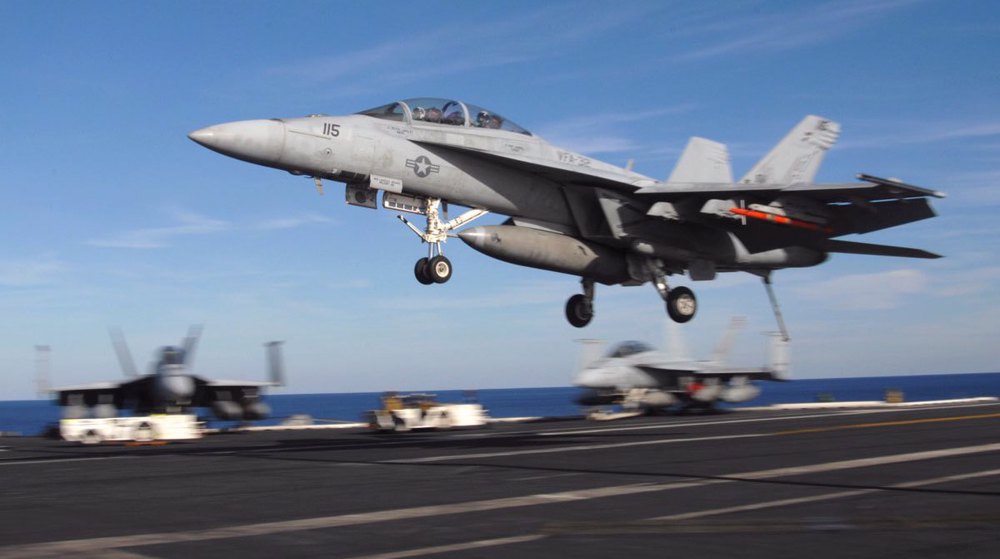

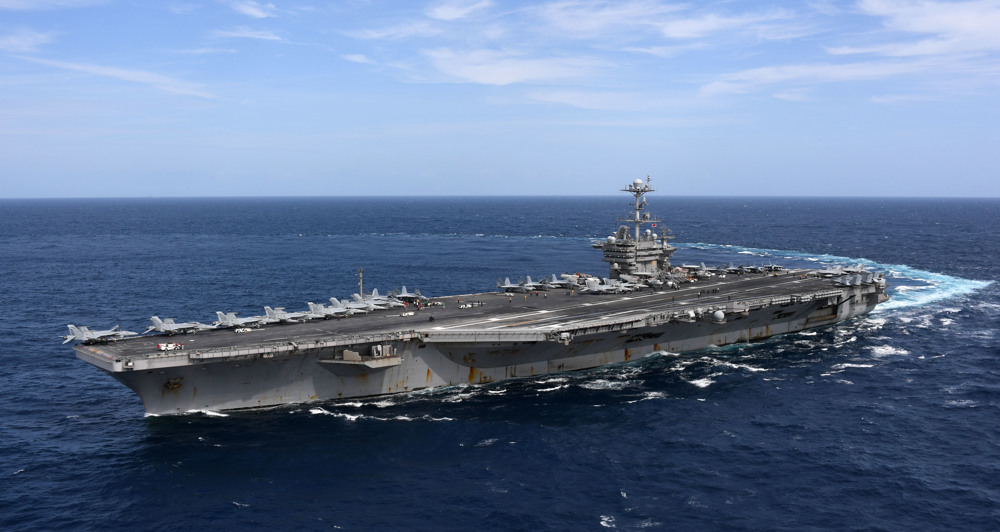



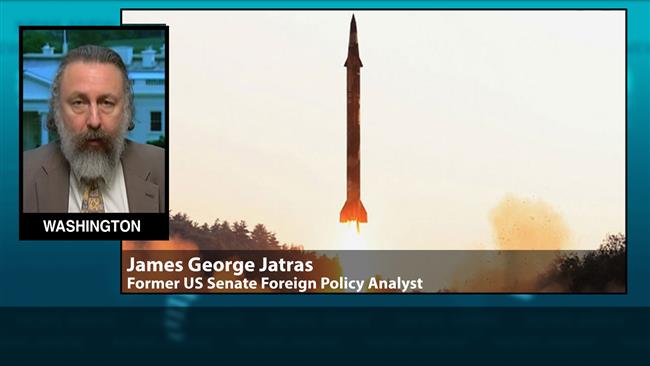
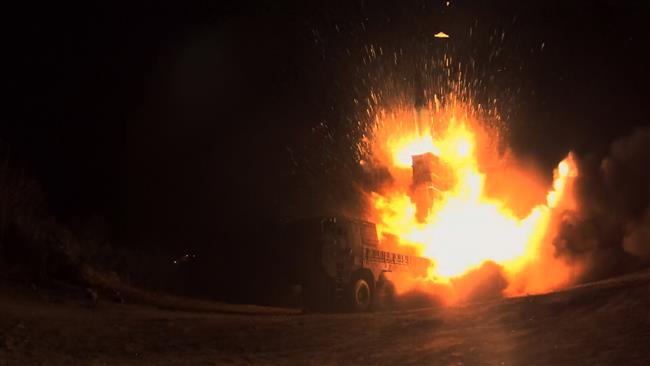
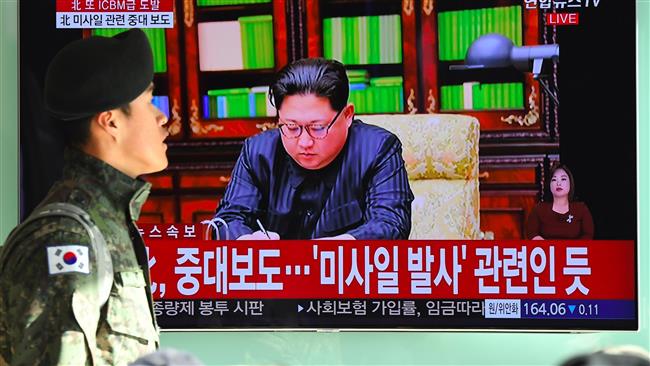

 This makes it easy to access the Press TV website
This makes it easy to access the Press TV website